Solve the equation by completing the square.x2 - 2x - 3 = 0
A. {-1, 3}
B. {-1, -2}
C. {-3, 1}
D. {-  ,
,  }
}
Answer: A
You might also like to view...
Determine if the function f defined by the arrow diagram has an inverse. If it does, create an arrow diagram that defines the inverse. If not, explain why not.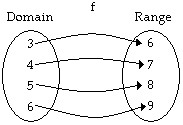
A. Yes;
B. No; the function is not one-to-one.
Find the standard form of the equation of the following conic section.Circle of radius  with its center at (-8, 6).
with its center at (-8, 6).
A. (x - 8)2 + (y + 6)2 = 2 B. (x - 6)2 + (y + 8)2 = 4 C. (x + 6)2 + (y - 8)2 = 4 D. (x + 8)2 + (y - 6)2 = 2
Sketch the graph of f(x). Determine the domain, range, and the equation of the horizontal asymptote of the function.f(x) = ex - 2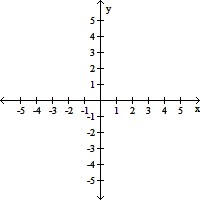
A. Domain: (-?, ?), range: (-2, ?)
Horizontal asymptote: y = -2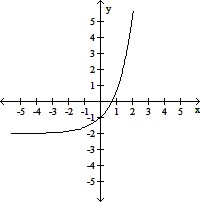
B. Domain: (-?, ?), range: (0, ?)
Horizontal asymptote: y = 0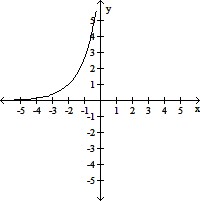
C. Domain: (-?, ?), range: (0, ?)
Horizontal asymptote: y = 0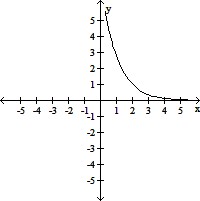
D. Domain: (-?, ?), range: (0, ?)
Horizontal asymptote: y = 0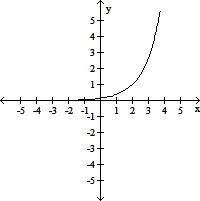
Find fx(x, y).f(x, y) = 
A. 
B. - 
C. 
D. - 